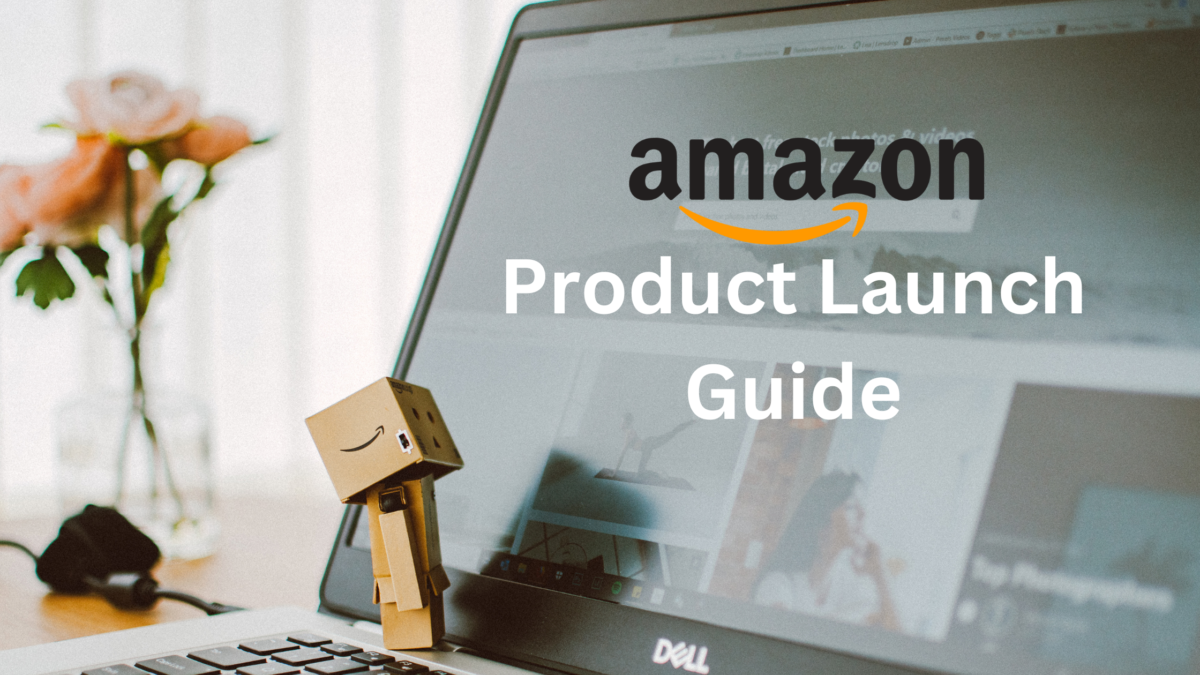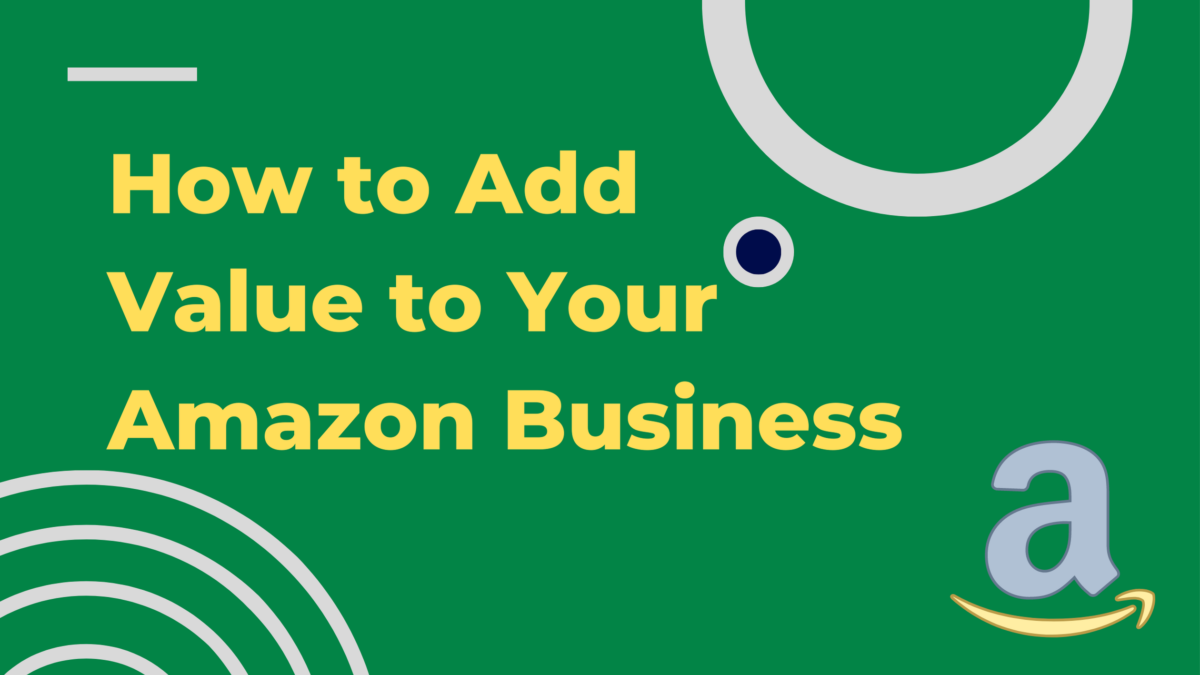As one of the leading Amazon marketing agencies, we have dealt with hundreds of clients in the past few years. While most clients are already established as Amazon sellers, we also get new sellers, who often have basic questions about selling on Amazon and how it works.
One of the most basic questions that often comes up is the difference between Amazon FBA and Amazon FBM.
As a result, we’ve brought you this guide to break down the difference as clearly as possible and help you make your own decision.
But first, the absolute basic, if you haven’t heard of these terms before:
- Amazon FBA (Fulfillment by Amazon) involves Amazon handling storage, packing, and shipping for sellers.
- Amazon FBM (Fulfillment by Merchant) requires sellers to manage their own storage, packing, and shipping processes without Amazon’s direct involvement.
Now let’s go a bit more in depth on what this actually means:
What’s the difference between Amazon FBA and FBM?
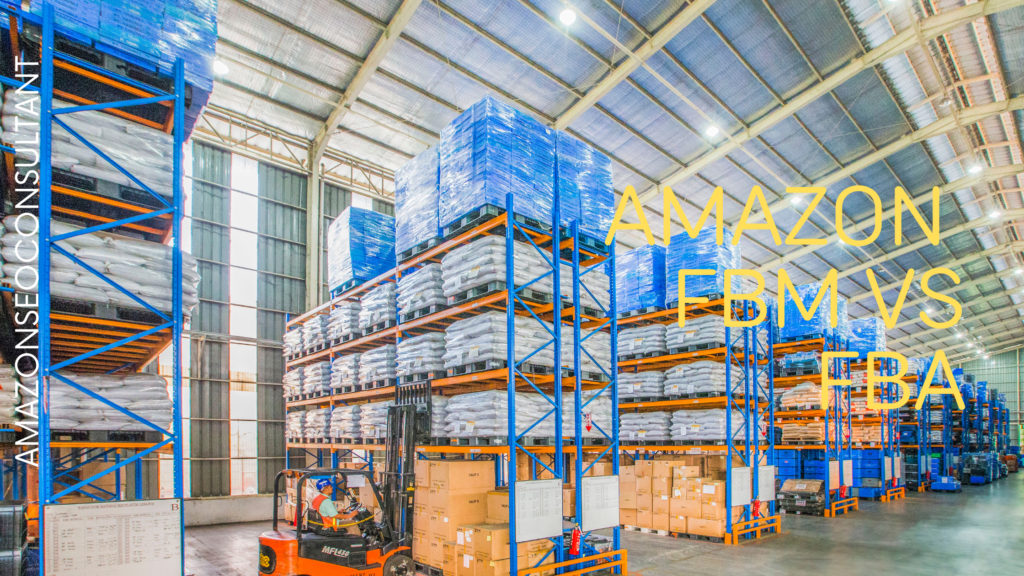
Amazon FBA (Fulfillment by Amazon) and FBM (Fulfillment by Merchant) differ in fulfillment, storage, and shipping options. With FBA, Amazon handles storage, packaging, and shipping of products, allowing sellers to focus on other aspects of their business. On the other hand, FBM requires sellers to store, pack, and ship their products themselves.
For sellers with high sales volume or limited storage space, Amazon FBA may be more beneficial as it handles the logistics of fulfillment and provides access to Amazon Prime members. This can lead to increased visibility and sales. Additionally, FBA can be advantageous for sellers who want to expand internationally, as Amazon handles international shipping and customs, something that takes a large amount of investment and work to do internally, and something that often comes with a lot of issues.
Conversely, FBM may be more suitable for sellers with unique or oversized products, as they have more control over the packaging and shipping process. FBM also allows sellers to fulfill orders from multiple channels, giving them more flexibility.
In conclusion, Amazon FBA is ideal for sellers looking for a hands-off approach to fulfillment and access to Amazon’s customer base, while FBM is better suited for those who want more control over the fulfillment process.
It’s worth mentioning that Amazon FBA products tend to get a boost when it comes to organic ranking. This is because Amazon get’s higher fees for those products and can more closely control the customer experience. If your main goal is to rank for a specific keyword and keep getting sales from it in the long term, then FBA may be the only real option for you.
Which Amazon fulfilment method is best for me?
When choosing an Amazon fulfillment method, it’s important to consider the size and weight of the product. Different fulfillment methods have varying size and weight limitations, so it’s important to choose one that can accommodate your specific products.
Control of customer experience is crucial when selecting a fulfillment method. Some methods allow for greater control over packaging and branding, which can enhance the customer experience and build brand loyalty.
Seller feedback is an important factor to consider when choosing a fulfillment method. High seller feedback ratings can contribute to a positive reputation, which can attract more customers and increase sales.
Inventory turnover rate is another important consideration. Faster turnover can result in lower storage fees and increased sales, making it essential to choose a fulfillment method that can accommodate quick inventory turnover.
Logistics play a vital role in the decision-making process. Efficient and reliable fulfillment methods ensure that products are delivered to customers in a timely manner, contributing to a positive customer experience.
Expenses and fees associated with different fulfillment methods should also be carefully evaluated. Choosing a method with lower expenses and fees can help maximize profits.
Finally, the Prime badge is a significant consideration. Utilizing Amazon’s Fulfillment by Amazon (FBA) can make products eligible for Prime shipping, which can attract more customers and increase sales.
Considering these factors is essential in determining the best Amazon fulfillment method for your business.
Main Factors When Choosing Between FBM and FBA
When deciding between Fulfillment by Merchant (FBM) and Fulfillment by Amazon (FBA), there are several key factors to consider. From cost and convenience to control and scalability, your decision will ultimately depend on your business’s specific needs and goals. Understanding the main factors when choosing between FBM and FBA will help you make an informed decision that aligns with your e-commerce strategy and overall success.
1. Item size and weight

The larger and heavier a product is, the harder and more costly handling fulfillment is likely to be. For small, products that can easily and cheaply be mailed, this likely isn’t an issue at all.
However, for larger and more heavy items, you might be better off letting Amazon’s global logistics network handle this for you, taking the cost and effort off your hands and improving the customer’s experience.
Speaking of which:
2. Customer experience
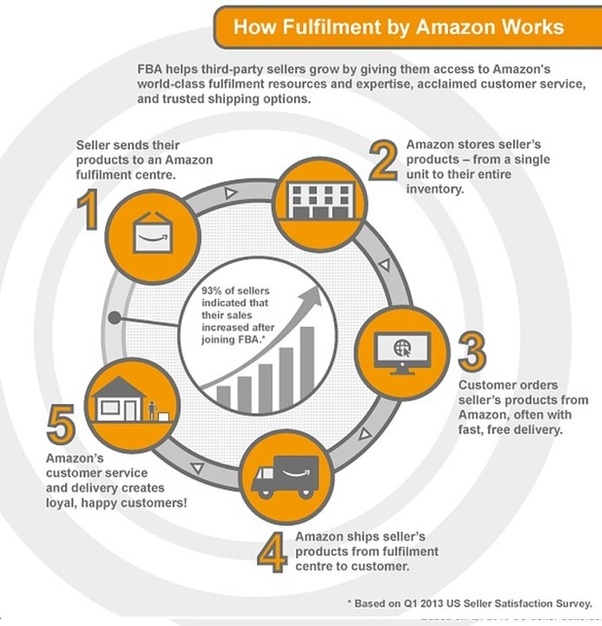
Customer experience is crucial for businesses as it directly impacts customer loyalty and satisfaction. Fulfillment by Merchant (FBM) gives businesses greater control over the post-purchase process, allowing them to enhance the overall customer experience. With FBM, businesses can easily upsell related products, resolve any issues that may arise, and ultimately build stronger customer loyalty.
By successfully resolving customer issues and directly interacting with them through FBM, businesses have the opportunity for growth and increased profit. Happy customers are more likely to make repeat purchases and recommend the brand to others, leading to higher revenue. Additionally, FBM allows businesses to personalize the post-purchase experience, creating a more meaningful connection with customers and increasing the likelihood of future sales.
In conclusion, FBM provides businesses with the tools to enhance the customer experience, drive upselling opportunities, resolve issues efficiently, and ultimately build stronger customer loyalty. By prioritizing the post-purchase process, businesses can increase profit and foster long-term relationships with their customers.
3.Reviews
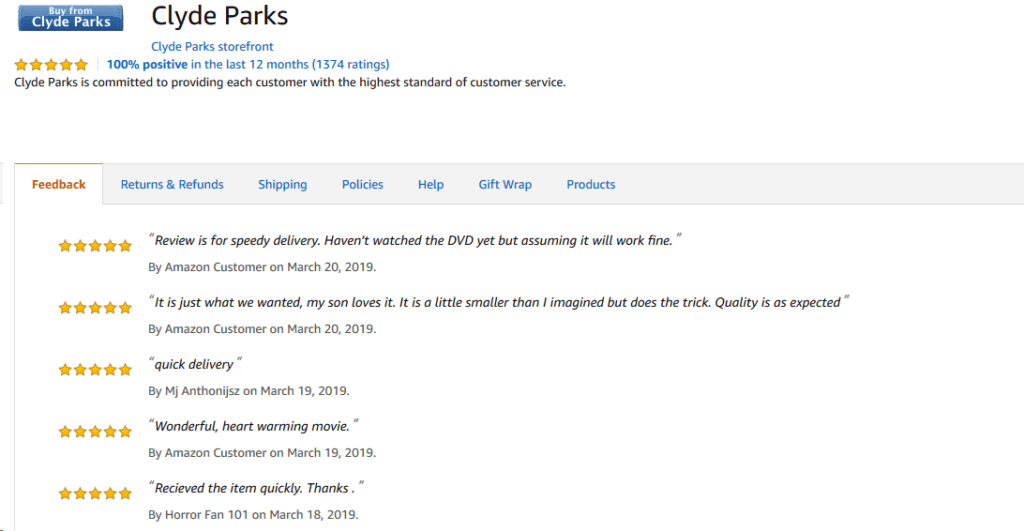
Customer reviews on Amazon are crucial for sellers as they directly impact seller performance and reputation. Positive reviews help build customer trust and increase sales, while negative reviews can significantly impact a seller’s success. The components of a review, such as star ratings and comments, provide valuable insights for potential customers and influence their purchasing decisions.
FBA (Fulfillment by Amazon) and FBM (Fulfillment by Merchant) sellers are affected differently by reviews. FBA sellers have the advantage of Amazon’s efficient and reliable fulfillment process, so they are more likely to receive positive reviews based on shipping and packaging. FBM sellers, on the other hand, have more control over the customer experience but also face challenges in maintaining high-quality service.
Both types of sellers can respond to negative feedback by addressing customer concerns and offering solutions. By demonstrating excellent customer service, sellers can mitigate the impact of negative reviews and potentially turn the situation around.
Best practices for managing seller feedback on Amazon include promptly addressing customer concerns, maintaining high-quality products and service, and consistently monitoring and responding to reviews. Seller performance and reputation are directly impacted by the feedback received, making it essential for sellers to prioritize customer satisfaction and manage reviews effectively.
4. Turnover rates
Turnover rates have a significant impact on FBA sellers, particularly in terms of storage fees and aged inventory surcharges. When products have a slow turnover rate, they occupy valuable storage space in Amazon fulfillment centers for a longer period, leading to increased storage fees. Additionally, aged inventory surcharges are incurred for products that have been stored for an extended time, further adding to the costs for FBA sellers.
To avoid these fees, FBA sellers have the option to fulfill products independently through FBM (Fulfilled by Merchant) if their turnover rates are slow. This allows them to store and ship products themselves, bypassing the storage fees and aged inventory surcharges associated with FBA. FBM is a cost-effective solution, especially for sellers with lower sales volumes, as it eliminates the need for long-term storage in Amazon fulfillment centers.
Managing turnover rates is crucial for FBA sellers to minimize storage costs and maximize profitability. By considering the option of FBM, sellers can mitigate the impact of slow turnover rates on their business and ensure a more cost-effective fulfillment strategy.
5. Logistics
Amazon FBA has revolutionized fulfillment logistics by providing sellers with access to Amazon’s extensive fulfillment network. This allows businesses to store their products in Amazon’s warehouses, where orders are picked, packed, and shipped to customers. The benefits of using Amazon FBA include faster delivery times, improved customer service, and access to Prime members. The associated costs include storage, fulfillment, and referral fees, but many businesses find that the convenience and reach of Amazon’s network outweigh these expenses.
When comparing FBA to FBM, the advantages of using FBA lie in the potential for cost savings and scalability. While FBM may have lower fulfillment fees, FBA offers the ability to easily scale up operations and reach a larger customer base. Specific fees associated with FBA include storage, fulfillment, and referral fees, while FBM sellers are responsible for their own shipping and customer service. Ultimately, the scalability and potential for cost savings make Amazon FBA an attractive option for businesses looking to streamline their fulfillment logistics.
6. Fees
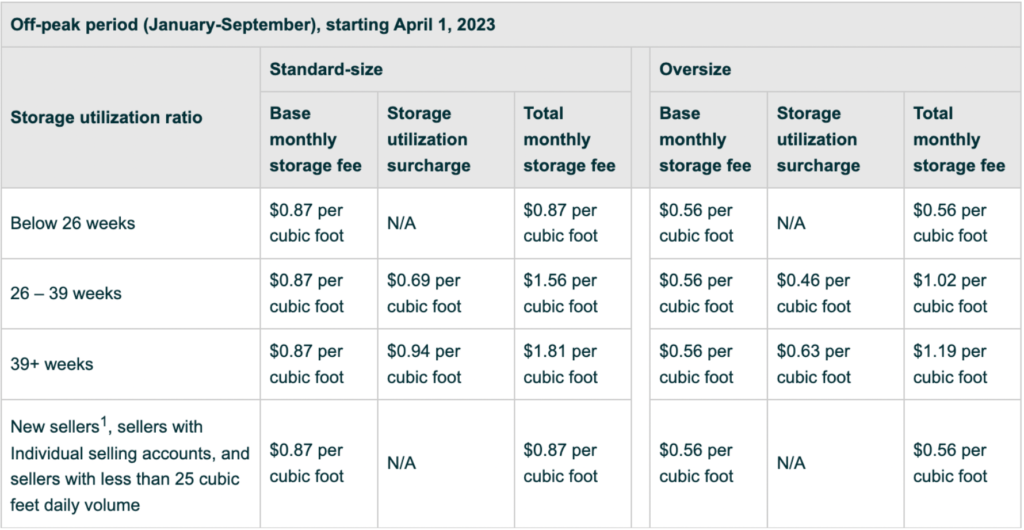
Amazon FBA (Fulfillment by Amazon) and FBM (Fulfillment by Merchant) both have different fees associated with them. For FBA, sellers are charged fulfillment fees for order handling, pick and pack, and weight handling. Additionally, monthly storage fees are charged for inventory stored in Amazon’s fulfillment centers. Referral fees are also applied to each item sold on the platform. With FBM, sellers are responsible for shipping and handling costs, as well as any storage fees for inventory stored in their own facilities.
The advantage of using Amazon FBA is the automatic eligibility for Prime, which can increase visibility and attract more customers. However, the fees associated with FBA can add up, especially for storage and order fulfillment. On the other hand, FBM allows sellers to have more control over their shipping and handling costs and storage fees, but they may miss out on the Prime eligibility and the logistical support provided by FBA.
In conclusion, while Amazon FBA offers convenience and Prime eligibility, sellers should carefully consider the associated fees and weigh them against the benefits. For some sellers, FBM may be a more cost-effective option.
7. Prime badge
To obtain the Prime badge for FBM (Fulfillment by Merchant) products on Amazon, sellers can participate in the Seller Fulfilled Prime (SFP) program, which allows them to offer Prime shipping benefits for their products. The current eligibility criteria for the Prime badge includes meeting Amazon’s performance targets for delivery and customer service, as well as being able to consistently fulfill orders with fast and free shipping.
Key factors that determine Prime badge eligibility for FBM sellers include maintaining a high level of on-time delivery, using reliable shipping carriers, offering competitive shipping options, and ensuring a seamless customer experience. Additionally, sellers must have a proven track record of providing fast and free shipping for Amazon Prime members, as this is a key requirement for Prime badge eligibility.
Ultimately, fast and free shipping is essential for Prime badge eligibility, as it is a significant perk for Amazon Prime members and plays a crucial role in providing a positive shopping experience. By meeting these criteria, FBM sellers can enhance their visibility and attract more customers by displaying the Prime badge on their products.
Pros & Cons of Amazon FBA
Amazon FBA (Fulfillment by Amazon) has become a popular option for e-commerce sellers looking to streamline their operations and reach a wider customer base. This service allows sellers to ship their products to Amazon’s warehouses, where the company handles storage, packing, and shipping of orders. While Amazon FBA offers many benefits, there are also some drawbacks to consider before using this service. Below, we will explore the pros and cons of using Amazon FBA for e-commerce businesses.
Pros of FBA
Fulfillment by Amazon (FBA) offers several advantages for sellers on the platform. Firstly, FBA provides access to Prime shipping, allowing sellers to reach a vast number of Prime members who value fast and reliable shipping. This can significantly increase sales potential and customer satisfaction.
Moreover, FBA sellers are more likely to win the Buy Box, a key factor in driving sales on Amazon. The Buy Box is given to offers that meet specific criteria, including fast and efficient shipping, which FBA provides.
By utilizing FBA, sellers can focus on selling rather than worrying about the logistics of storing, packing, and shipping their inventory. This allows for more time to dedicate to growing the business.
Additionally, FBA can help improve Amazon SEO, as products fulfilled by Amazon tend to rank higher in search results due to their fast shipping and reliable customer service. Amazon prioritizes customer satisfaction, and FBA ensures that orders are fulfilled promptly and that customer service needs are met.
Overall, FBA can benefit sellers by streamlining the fulfillment process, increasing sales potential through Prime shipping and Buy Box eligibility, and providing excellent customer service, ultimately leading to higher customer satisfaction.
Cons of FBA
One major drawback of using Amazon FBA is the costs involved. In addition to the referral and fulfillment fees, there are also storage fees that can add up quickly, especially if products don’t sell as quickly as anticipated.
Another significant disadvantage is the loss of control over product inspection. When products are sent to Amazon’s fulfillment centers, sellers relinquish the ability to personally inspect each item before it is sent to customers, potentially leading to issues with product quality and customer satisfaction.
Additionally, the strict packaging and labeling requirements can be burdensome for sellers. Amazon has specific guidelines for how products must be packaged and labeled, and failure to comply can result in additional fees and even account suspension.
Overall, while Amazon FBA offers convenience and access to a large customer base, sellers must carefully weigh the costs, loss of control, and packaging requirements before deciding if it is the right fulfillment method for their business.
Need Help?
As the UK’s leading provider of Amazon marketing services, we specialise in product launches. From listing optimization and imagery to organic ranking and reviews, we can put everything in place to give you the best possible launch ever, including discussing Amazon FBA vs FBM and helping you make the right decision.
To hear more, get in touch now or take a look at our clients page!
